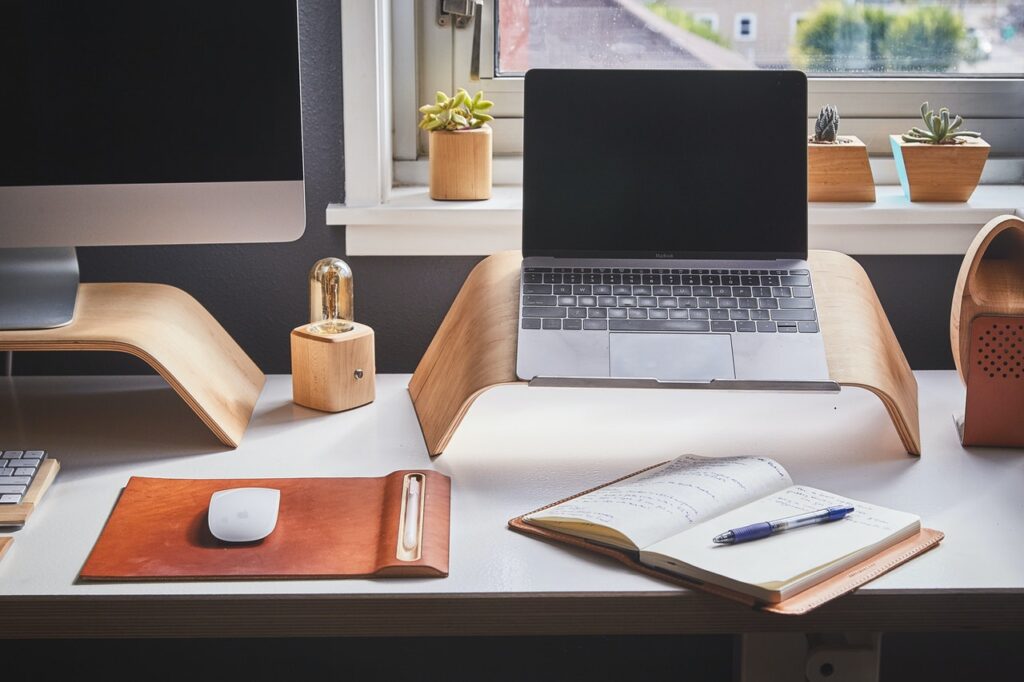UK FACES POOR SLEEP CRISIS DUE TO BACK-TO-WORK ANXIETY- HERE’S 5 HEALTHY SLEEP HACKS TO GET YOU ON TRACK TO SUCCESS

Whether it’s being back in a larger community or working alongside colleagues and customers again. Whatever the reason, “return to work anxiety” is on the rise and along with that an unfortunate rise in sleepless nights and insomnia. This trend has had a direct impact on our own practice, with 56% of insomnia program Somnus Therapy’s users stating that over the past two months return to work anxiety has negatively impacted their sleep.
Here, the founder of Somnus Therapy , Tevinder Gill , shares five sleep hacks that can help reduce anxiety and encourage better sleep as you transition back to work:
1) Plan and prepare – Establishing a routine is key when it comes to sleep. If you have been routinely waking up slightly later since working from home, you may find waking up slightly earlier more difficult and you may experience some ‘sleep inertia’ – the confused, disoriented and grogginess you feel upon waking. As such, it’s time to strike first. If you would like to go to sleep earlier to wake up earlier, a gradual shift is the best way to go here. Gradually shifting your bedtime back by 15 – 30 minutes each day will help your body gently adjust and ease into the new schedule allowing you to wake up feeling refreshed and a lot more productive.
2) Manage stress with daily mindfulness – Mindfulness focuses on engaging all of your senses and being grounded in the present, rather than worrying about the past or future. Mindfulness has so many benefits, including being wonderful for stress reduction. We know that stress can hinder sleep, so it’s easy to see how mindfulness can be extremely useful when it comes to sleeping better.
3) Exposure to natural light – Increasing your time in the sunlight during the day. Getting outside in the natural light is very beneficial for regulating your circadian rhythm – our internal body clock which determines when we should sleep. Melatonin is a hormone that’s triggered by darkness. When it’s dark our brains produce more melatonin helping us feel sleepy. Conversely, when we are outdoors in the natural light our levels of melatonin reduces meaning we won’t feel as tired.
4) Exercising – Exercising is a great way to wear your body and mind out in a healthy way and helps prime your body for sleep. However, as exercise is an energy booster, exercising too close to bedtime can leave you feeling overstimulated and hamper your ability to get to sleep. You should aim to finish your workout around 2 hours before your intended bedtime.
5) Your sleep environment – Making your bedroom a calming, peaceful space that is optimised for sleep. A great place to start is by making sure your bed is comfortable. If you have an uncomfortable or unsupportive bed, you could choose to buy a new mattress or a simpler and more affordable first step could be to add a mattress topper to increase your levels of comfort.
Tevinder adds: “With Somnus , we aim to build the most comprehensive and actionable sleep therapy course possible. Providing individuals with an instant and affordable way to access sleep therapy.
“We do this through our course of Cognitive behavioural therapy for insomnia (CBT-i). CBT-i is the first line of treatment for insomnia that doctors will most likely recommend. CBT-i is a form of psychological therapy which helps to address the thinking patterns and behaviours which are contributing to insomnia. CBT-i teaches you to replace unhelpful thoughts and behaviours which feed into your insomnia, with positive, helpful thoughts and behaviours to help you get a restful sleep.”




